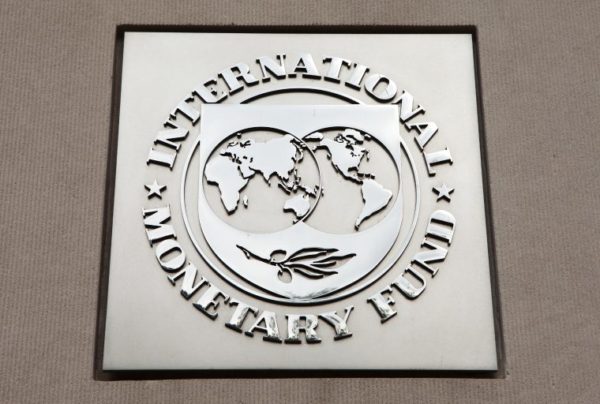The International Monetary Fund has predicted that global economic growth would exceed 5.5 per cent growth rate previously predicted.
The Fund says it is preparing to raise its forecasts for the global economy in 2021 and 2022. This followed recent fiscal stimulus in the U.S. and increasing vaccination against Covid-19, Managing Director Kristalina Georgieva.
The IMF projected in January that global economic output would expand 5.5 per cent in 2021, following an estimated contraction of 3.5 per cent last year amid the coronavirus pandemic.
“This allows for an upward revision to our global forecast for this year and for 2022,” Ms. Georgieva said in prepared remarks for an event Tuesday. The new estimates will appear next week in the IMF’s periodic update on the world economy, she added.
Separately, a report released by the Conference Board showed that consumer confidence in the U.S. rose in March to its highest level since the pandemic started a year ago, with Americans expressing more optimism about business and labor-market conditions in the coming months.
Despite the brighter outlook, Ms. Georgieva underscored a growing divergence between wealthy countries that are quickly inoculating their populations against Covid-19 and poorer ones that lack the resources to do so.
The Fund said recession has wreaked havoc on global economies and the damage is often long-lived. Businesses shut down, investment spending is cut, and people out of work can lose skills and motivation as the months stretch on.
It said the recession brought on by the COVID-19 pandemic is no ordinary recession. Compared to previous global crises, the contraction was sudden and deep—using quarterly data, global output declined about three times as much as in the global financial crisis, in half the time.
The Fund said it expects world output in the medium-term to be about three per cent lower in 2024 than pre-pandemic projections.
The IMF said systemic financial stress—associated with long-lasting economic damage—has been largely avoided so far, owing to the unprecedented policy actions taken.
However, the path to recovery remains challenging, especially for countries with limited fiscal space, and is made harder by the differential impact of the pandemic.
It said the extent of the recovery will depend on the persistence of the economic damage, or “scarring,” in the medium-term. This will vary across countries, depending on the future path of the pandemic; the share of high-contact sectors; the ability of businesses and workers to adapt; and the effectiveness of policy responses.
These unknowns make it hard to predict the extent of scarring but there are some lessons we can draw from history. Severe recessions in the past, particularly deep ones, have been associated with persistent output losses from reduced productivity.



